Ob/Gyn explains how she helps patients overcome COVID-19 vaccine hesitancy
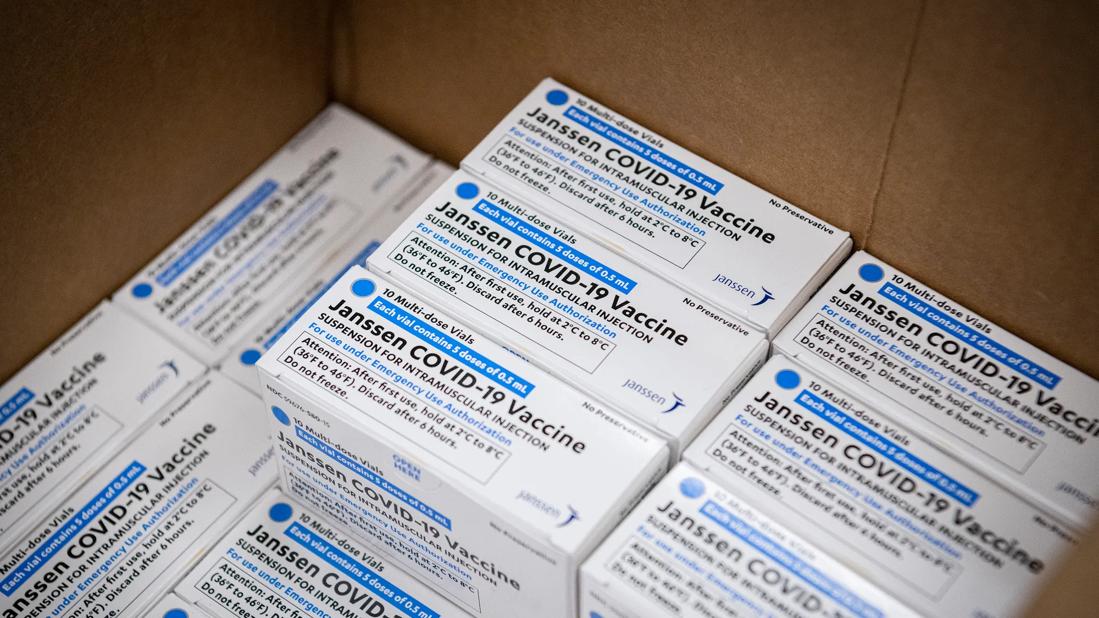
The most stressful prepregnancy counseling session she ever conducted lasted nearly two hours. Cleveland Clinic Ob/Gyn Oluwatosin Goje, MD, sat face to face with a couple via teleconference. The newlyweds had hoped to start a family in the near future, but the COVID-19 pandemic seemed ready to surge again. The mRNA vaccine had been introduced only a few months earlier, and the prospective mother was uncomfortable with unknowns about its effect on her pending pregnancy and future child.
Advertisement
Cleveland Clinic is a non-profit academic medical center. Advertising on our site helps support our mission. We do not endorse non-Cleveland Clinic products or services. Policy
Family and friends urged her to get a COVID-19 vaccine, but she had too many unanswered questions: How does mRNA get into the body? How long until antibodies are produced? How long until the body breaks down the mRNA? Could that molecular activity have an effect 10 years from now?
“This woman wanted to understand the science,” says Dr. Goje. “She already knew that the vaccine could help protect her from a serious COVID-19 infection, but that wasn’t enough to convince her to get vaccinated.”
That counseling session was a turning point for Dr. Goje, who realized that the key to helping unvaccinated patients decide to get vaccinated is understanding what is holding them back. All patients with vaccine hesitancy or disinclination are not the same, she says. Their barriers to vaccination are different and require different approaches.
“Most unvaccinated people are not anti-vaxxers,” she says, stressing that overcoming patients’ vaccine hesitancy requires less proselytizing and more empathizing.
“Continuing to advocate for infection prevention with this patient was ineffective,” says Dr. Goje. “She needed someone to explain the science to her, how the vaccine worked on a molecular level. Once we accomplished that and addressed her concerns about mRNA vaccines’ effect on pregnancy, she got vaccinated right away.”
Here Dr. Goje shares more insights that have helped her successfully guide more people to get the COVID-19 vaccine.
A young patient came in for a prenatal visit early in her pregnancy. Although many of her friends and family members were wary of vaccination, she agreed to get the COVID-19 vaccine immediately upon Dr. Goje’s recommendation.
Advertisement
“She just trusted me and didn’t ask any questions, but I insisted on telling her why vaccination is so important,” says Dr. Goje. “If I educated her, she could relay the information to her parents, grandparents and friends, helping offset the misinformation in her community.”
Soon the patient was texting Dr. Goje with questions from her family members: Does vaccination mean you definitely won’t get sick? If one person is vaccinated, does that protect the entire household?
“That one patient’s vaccination was a conversation starter,” says Dr. Goje. “I know there are people in that patient’s home and community who got vaccinated because she did. There’s always a trailblazer. When you get them, they get everybody else.”
In a virtual consult, Dr. Goje listened as a pregnant teacher cried over her fear of getting COVID-19 from her students or of the vaccine’s affecting her unborn child. She was conflicted about getting vaccinated.
“I let her air all of her concerns and empathized with her,” says Dr. Goje. “I even suggested an alternative: Avoid the conflict by not returning to work. When she said she loved her job too much, I suggested we weigh the risks and benefits of both getting vaccinated and not getting vaccinated.”
The patient’s despair soon changed into shared decision-making. Dr. Goje presented data on the risk of severe complications of COVID-19 in women who are pregnant — much higher than in women who are not pregnant. Additionally, she explained that there was no scientific evidence indicating mRNA vaccines cause problems with pregnancy. The risk-benefit ratios favored vaccination.
Advertisement
“Our discussion wasn’t centered on my convincing the patient to get vaccinated,” says Dr. Goje. “I listened to her story, validated her concerns and then broke down misinformation with science. It then became easier for her to make her own decision to get vaccinated.”
Despite her efforts, Dr. Goje still has patients who refuse the COVID-19 vaccine.
“One of my favorite patients has a large family, and they refuse all vaccines, not just the COVID vaccine,” says Dr. Goje. “We have built a strong patient-provider relationship over the years. She knows I care about her, which is why I continue to bring up vaccinations on every visit.”
Because the patient has not been willing to get vaccinated, Dr. Goje regularly asks about handwashing, mask-wearing and other efforts to keep her family healthy.
“I’m here to care for my patients regardless of their vaccine choice,” she says. “But COVID vaccination is a routine part of every conversation with every patient, just like asking about mammograms and flu shots.”
In Dr. Goje’s view of electronic health records, vaccine status is displayed at the top, next to date of birth. That helps prompt conversations, she says. If the topic makes the patient uncomfortable, she adds a note in the record to continue the conversation next time.
“For most patients, you just need to understand why they haven’t gotten vaccinated,” she says. “There’s always a story. Often just a little more empathy and a little more education is all it takes to launch them in the right direction.”
Advertisement
Advertisement
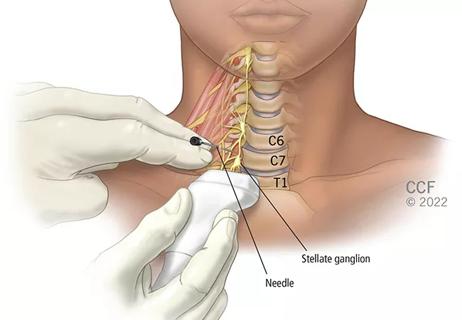
Patients report improved sense of smell and taste
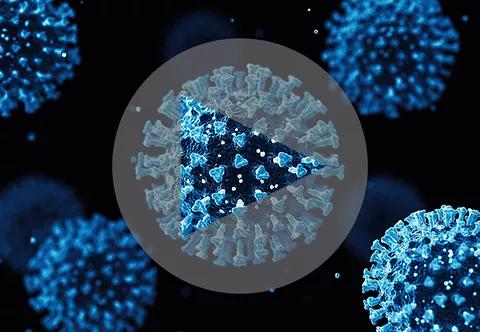
Clinicians who are accustomed to uncertainty can do well by patients

Unique skin changes can occur after infection or vaccine

Cleveland Clinic analysis suggests that obtaining care for the virus might reveal a previously undiagnosed condition

As the pandemic evolves, rheumatologists must continue to be mindful of most vulnerable patients
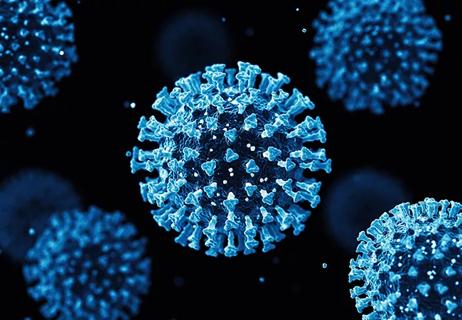
Early results suggest positive outcomes from COVID-19 PrEP treatment
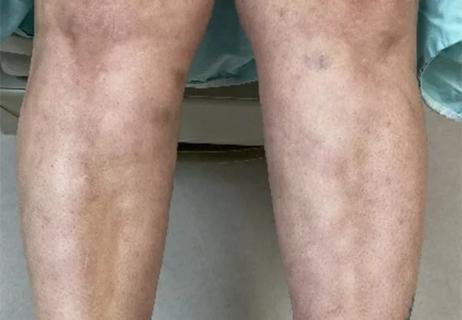
Could the virus have caused the condition or triggered previously undiagnosed disease?

Five categories of cutaneous abnormalities are associated with COVID-19